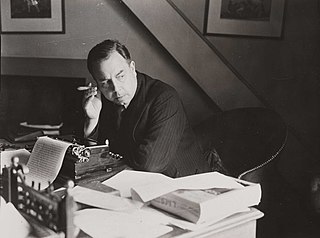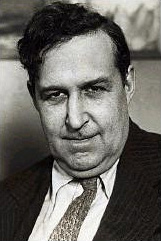A Quote by J. B. Priestley
Sometimes you might think the machines we worship make all the chief appointments, promoting the human beings who seem closest to them.
Related Quotes
Artists use frauds to make human beings seem more wonderful than they really are. Dancers show us human beings who move much more gracefully than human beings really move. Films and books and plays show us people talking much more entertainingly than people really talk, make paltry human enterprises seem important. Singers and musicians show us human beings making sounds far more lovely than human beings really make. Architects give us temples in which something marvelous is obviously going on. Actually, practically nothing is going on.
So far, we do not seem appalled at the prospect of exactly the same kind of education being applied to all the school children from the Atlantic to the Pacific, but there is an uneasiness in the air, a realization that the individual is growing less easy to find; an idea, perhaps, of what standardization might become when the units are not machines, but human beings.
And people who believe in God think God has put human beings on earth because they think human beings are the best animal, but human beings are just an animal and they will evolve into another animal, and that animal will be cleverer and it will put human beings into a zoo, like we put chimpanzees and gorillas into a zoo. Or human beings will all catch a disease and die out or they will make too much pollution and kill themselves, and then there will only be insects in the world and they will be the best animal.
Sometimes as human beings, we're so contradictory - we may say something or do something and completely contradict ourselves. That's what I'm learning to embrace in television - not knowing what's going to happen. I might make a specific choice for myself and then in the next episode the writers might write something that contradicts it.
For the moment, machines able to 'think' in anything approaching a human sense remain science-fiction. How we should prepare for their potential emergence, however, is a deeply unsettling question - not least because intelligent machines seem considerably more achievable than any consensus around their programming or consequences.






































